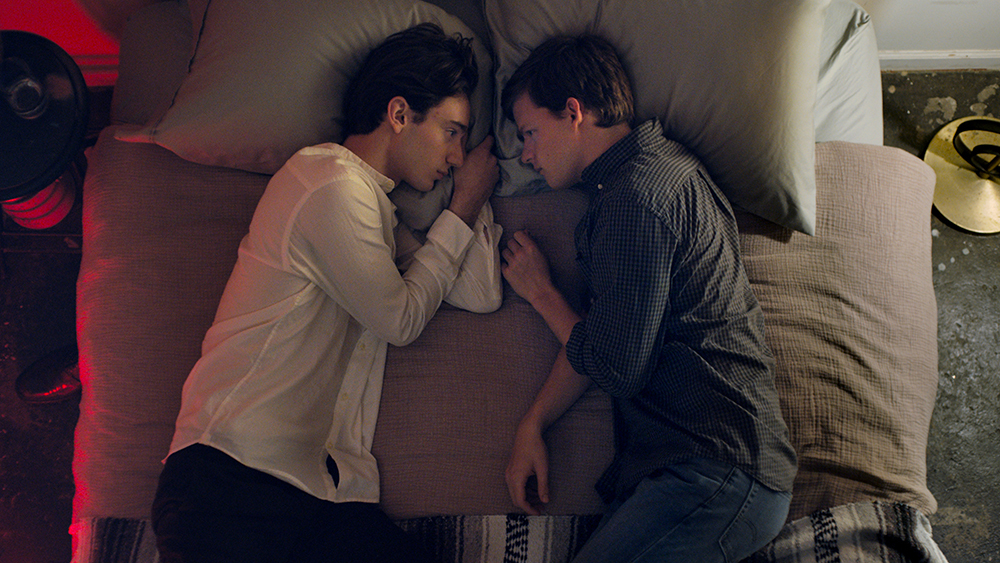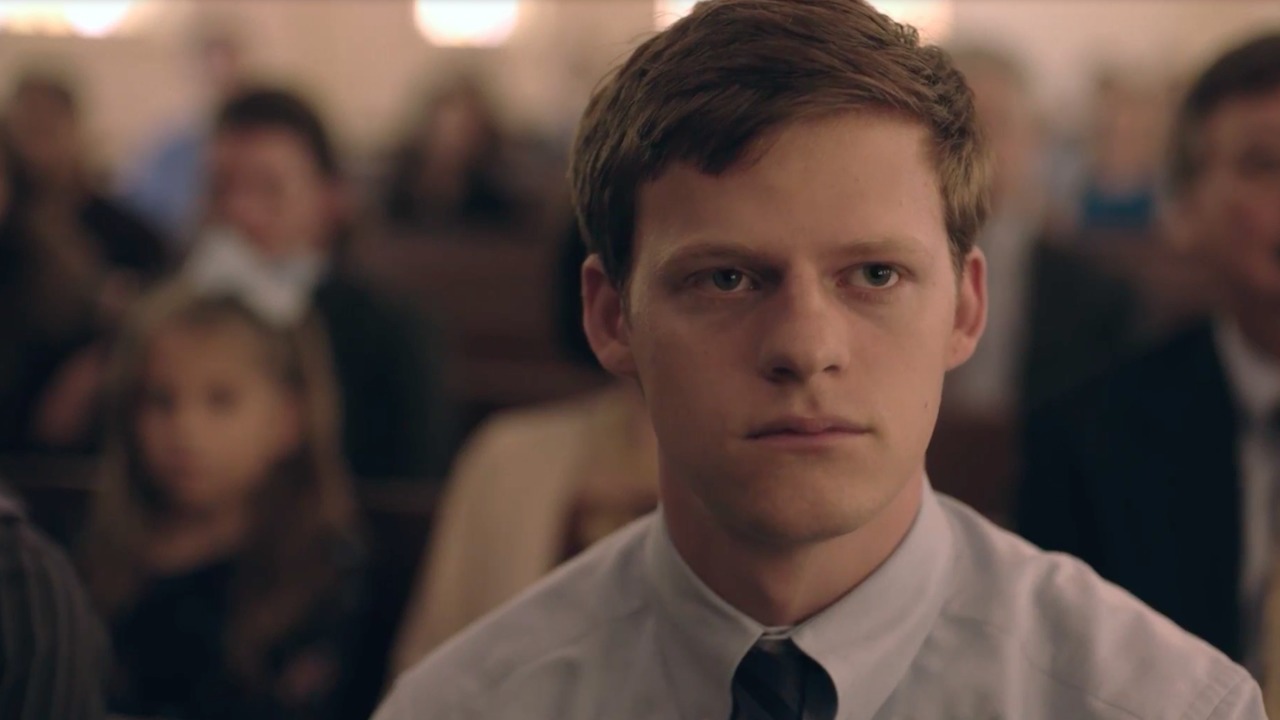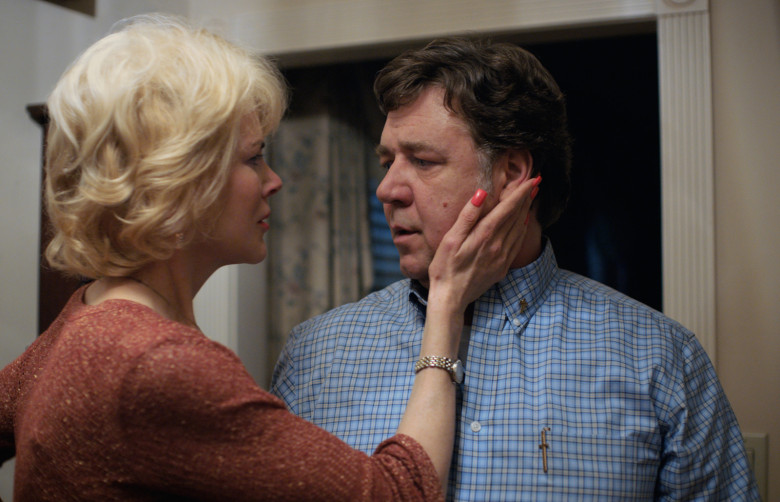I have never had to endure the sort of emotional and personal brutality that Jared, the unfortunate protagonist of Joel Edgerton’s Boy Erased, endures over the course of Edgerton’s film. I am a white, straight, middle-class male. Because of it, I don’t have to endure a lot of the pain that is doled out to millions of people as a result of hostile ignorance.
I know a few people who have – had to deal with that pain, I mean – people whose parents and loved ones have rejected them for who they are. They are rejected not because of hatred, but out of a perverse form of love. Dismissal of your foundations is a severe emotional anguish, and one that I can’t begin to imagine.

Jared i(Lucas Hedges) s a closeted homosexual teenager living in a small American town. He is also the son of a devout pastor, and decides to come out to his parents after another closeted gay man, living under an umbrella of religious shame, turns his own sense of guilt onto Jared in the form of an emotional attack.
Jared’s parents, Nancy (Nicole Kidman) and Marshall (Russell Crowe) decide to pressure him into attending a gay conversion therapy program. He can’t go on living in their house, working at their family business, Marshall tells him, if he continues to go against the grain of their beliefs, and of their God’s.
The program is run by Victor Sykes (Joel Edgerton), and filled with other homosexuals who have been forced, or coerced, into denying their sexuality as a result of zealous religious beliefs, theirs or otherwise. The kind of damage that programs like the one that Jared encounters is a serious variety of horror. I’m not entirely convinced that Boy Erased comprehensively conveys that horror, but what it does convey is nonetheless troubling.
“Why do they need to know about the family?” his mother asks after picking him up from the first day of the program. “Our family is so normal.” Boy Erased reflects on the tragedy of harmful ignorance. Marshall and Nancy make an awful decision for their child without understanding that it’s an awful decision.
It reflects on the damage that ignorance has on its victims, in a number of heartbreaking ways. In one scene, Jared is the sufferer of another man’s unhealthy relationship with sex, developed as a result of both of his and Jared’s religion’s sick rapport with their sexuality.
The first half of Boy Erased finds power in its simplicity. It is not a flashy movie, stylistically speaking, preferring to concede persuasiveness to the strength of its content. The second half capitulates to mediocre elocutionary tropes and a slight heavy-handedness that the discounts the fundamental weight of what’s going on.
There is a politeness to Edgerton’s film that reduces the impression of the destructive daftness of forcing young people to repress, and often damage, their sexual identity. When Boy Erased does venture a comment, it is without enough insight or dynamism to push beyond cursory sentiment, sentiment that many of us already concur with.
There’s a significant atmosphere of good intentions surrounding Boy Erased that are, for the most part, met, but without the vigour that perhaps those intentions deserve. The film is powerful until it is not, increasingly going through motions that Edgerton may have learned from other films.

